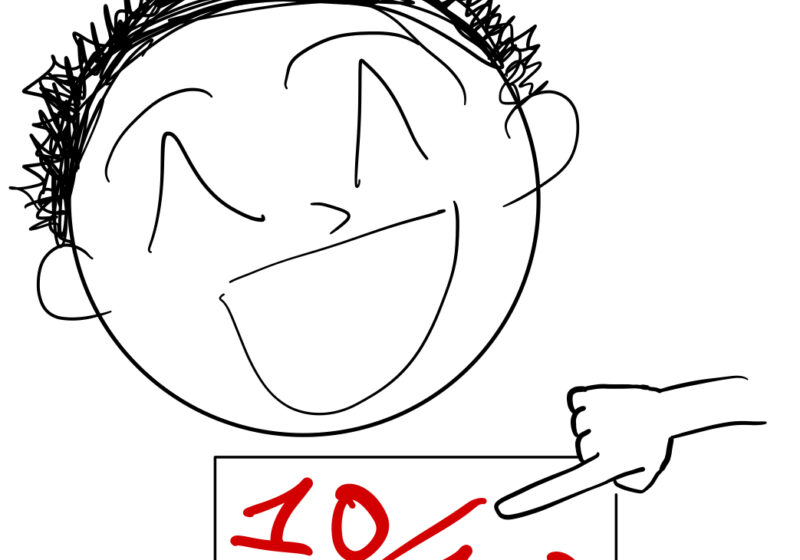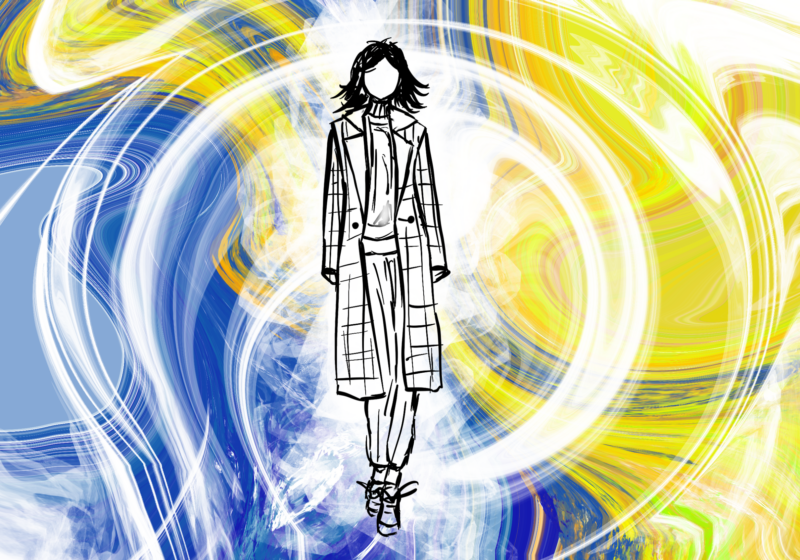“Get Out” is the social thriller that is breaking box office records for writer and director Jordan Peele of the comedy duo Key and Peele. The plot centers on the relationship of Chris (played by Daniel Kaluuya) and his girlfriend Rose (Allison Williams) as they head out of the city to visit Rose’s parents’ house in the nondescript suburbs.
This is the first time Chris is meeting Rose’s parents, and plot twist, he’s black.
My boyfriend and I saw the movie at the advanced screening at the Little Theatre (courtesy of UR Cinema Group), and it was more than what either of us were expecting. We laughed, we screamed, and as an audience we were all cheering and rooting for Chris to get, well, the fuck out.
The film nails several social and racial issues in both obvious and subtle ways, with one of the main themes being a distinct commentary on covert racism versus overt racism. In interviews about the film, Peele said his goal was to target undercurrent racism that exists more in liberal white suburban America, as opposed to Confederate flag-waving, profanity-spewing racism. Covert racism manifests at an individual level through seemingly harmless comments or reassuring remarks (“I would have voted for Obama again if I could!”), touching hair, emphasis on physical ability, stereotypical assumptions of talents based on skin color, etc. All of these are present in “Get Out.”
This is the kind of racism that loudly proclaims, “I’m not racist,” yet stays silent in controversial racial situations. At a greater level, covert racism takes the form of discrimination in bank loans, mortgages for houses (redlining based on racial and ethnic composition of an area), employment discrimination, and police brutality disproportionately targeting black people and minorities (hand-in-hand with mass incarceration). It is racism felt but easily ignored by the majority, making it much more difficult to expose and dismantle.
But it needs to be addressed, and “Get Out” makes a compelling case for why that is.
Some more subtle (yet still vastly important) takeaways from this film include the dichotomy between the realities of black America and white America for what is considered “safe” and “idyllic” and why. Chris’s analytic eye (demonstrated in part through his interest in photography) and his discoveries throughout the film encourage audiences to question why things are structured the way they are. Themes of black invisibility and simultaneous hypervisibility are pervasive as well, and closely linked to what is considered “valuable” in the eyes of Chris and Rose’s family. Chris and the other black men targeted by the Armitage family are only considered valuable as bodies, not as humans, and this notion has important meaning currently and historically.
Lastly, but perhaps most importantly, while “Get Out” reflects how truly horrifying racism is on numerous levels, it shines a light on the strength and humanity of black individuals who face racism every day and hopefully serves to bridge the chasm between black Americans and white Americans.
There is so much to unpack in this movie. I urge you to see it for yourself and challenge your notions of right and wrong in America. In the words of Childish Gambino (whose song fittingly plays during the opening credits) this movie will force you to stay woke and get real. But first you will need to “Get Out.”



